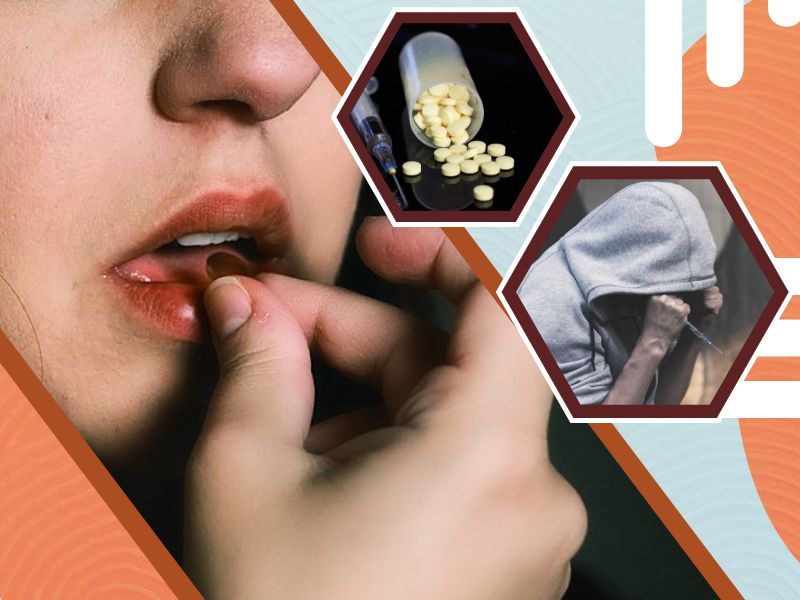Drug Dependence

Drug Dependence occurs when you need one or more drugs to function. Experts used to distinguish between dependence and abuse. The abuse was considered the mild or early phase of unsuitable drug use that led to dependence. People viewed dependence as a more severe problem than abuse.
It is possible to be dependent on drugs without being addicted. Dependence can be a bodily response to a substance. This often occurs if you rely on medications to control a chronic medical condition. These conditions may include:
- Glaucoma
- High Blood Pressure
- Diabetes

Dependence may involve:
- Some or all the symptoms of addiction
- Physical symptoms of withdrawal when you attempt to stop using the drug
- Development of a high tolerance for the substance as your body adapts to the drug, leading to a desire for larger or more frequent doses
Causes of Drug Dependence
The following are known triggers for Drug Dependence:
- Having a history of anxiety
- Having a history of depression
- Having a family history of addiction
- Having a history of other mental health conditions
- Living in an environment where illegal drugs are often used and easy to access
Risk Factors of Drug Dependence
- Using drugs at an early age can cause changes in the developing brain and increase the likelihood of progressing to drug dependency.
- Difficult family situations may increase the risk.
- If you have a mental health disorder, you’re more likely to become dependent on certain drugs. Using drugs can become a way of coping with painful feelings and can make these problems even worse.

Symptoms of Drug Dependence
You can frequently determine if an addiction has turned into dependence by looking at manners. When a person dependent on drugs hasn’t had them for a time, this can cause a physical reaction. Physical symptoms of withdrawal occur when the body becomes stressed without the drug. These symptoms include:
- Nausea
- Vomiting
- Body aches
- Sweating
- Muscle weakness
- Nightmares
- Anxiety
- Depression
Diagnosis for Drug Dependence
Your doctor will be expected to conduct a saliva, blood, or urine test to gauge the level of substances in the body. Moreover to this screening procedure, they’ll also take a look at your medical and family history to determine whether certain risk factors are present.
Treatment for Drug Dependence
When drug abuse to intensifies dependence, treatment becomes complicated. You need to stop using the drug, but doing so abruptly can cause physical symptoms. You may need the help of a healthcare provider to free your body of the substance. This can be done on an inpatient or outpatient basis.
Substances that imitate the effects of illegal drugs may help lessen the symptoms of withdrawal during treatment. Detox programs use a combination of therapy and medical treatment to ease dependence and treat the disorder. Ongoing therapy sessions may be needed after you’re released from a treatment program. Extreme cases of withdrawal, intoxication, or overdose may need emergency care before addiction and dependence can be treated.



